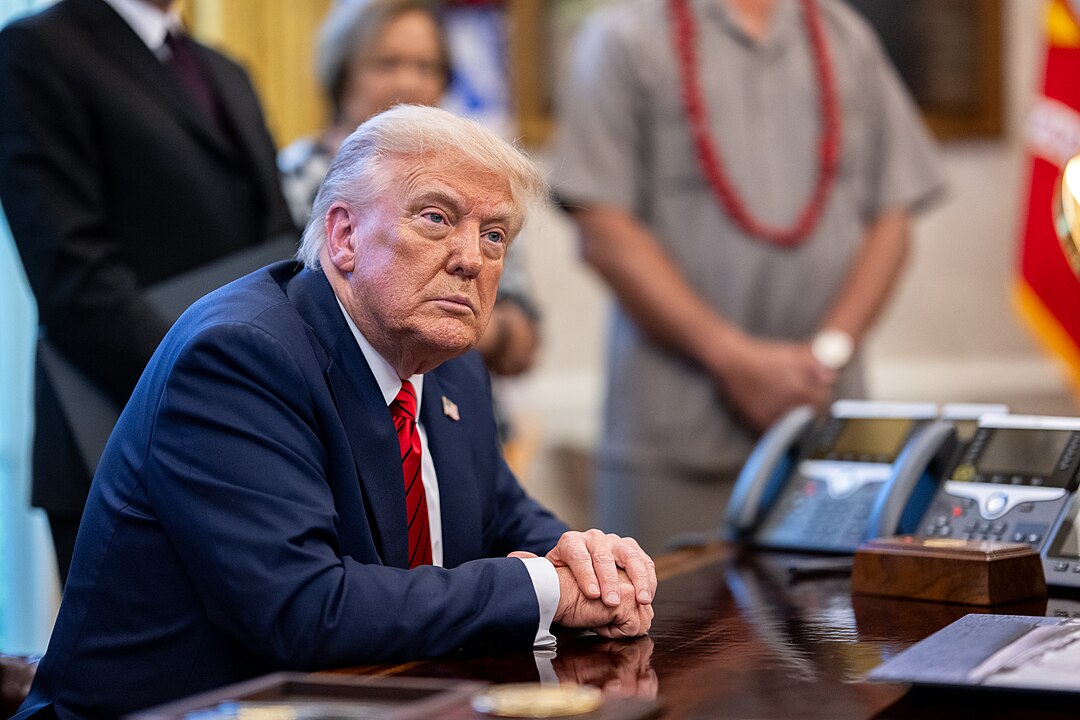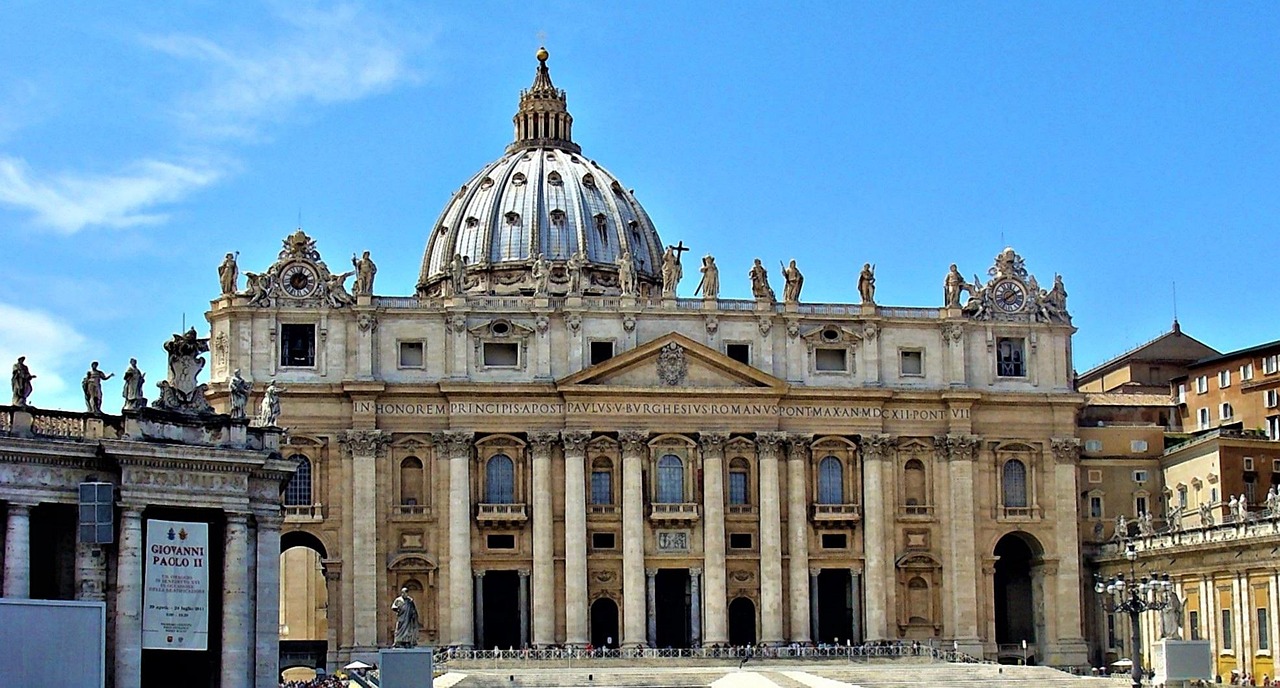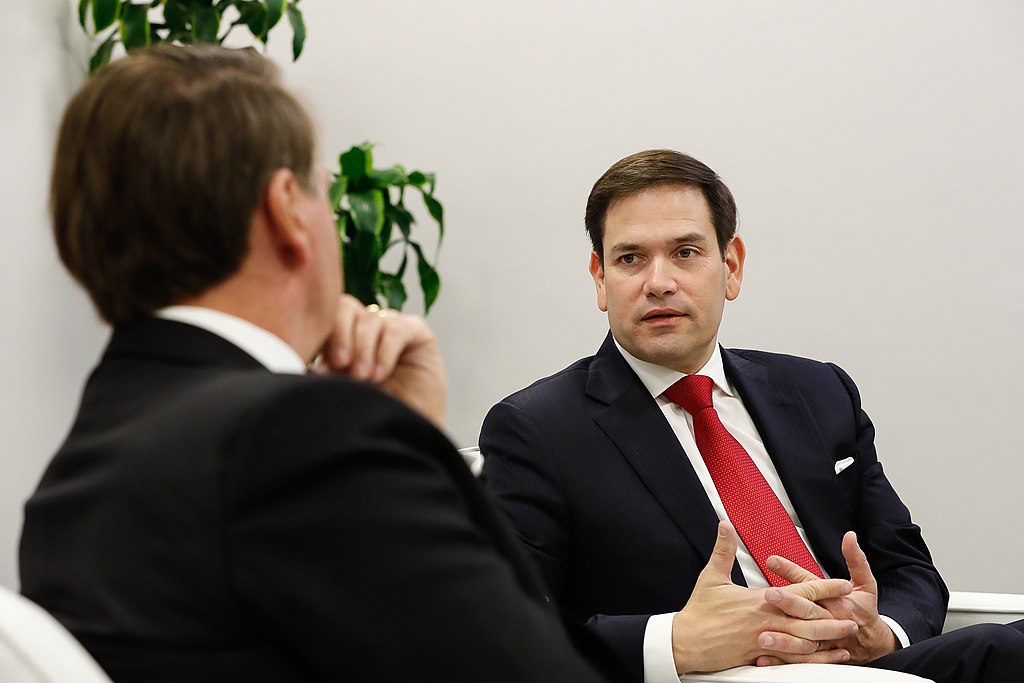Former Mossad Director Yossi Cohen said the United States and Israel “obliterated” Iran’s nuclear facilities in a joint operation that halted Tehran’s uranium enrichment program — and warned that Israel “can come again” if the regime restarts it.
Speaking at the Shurat HaDin conference at the Museum of Jewish Heritage in New York City, Cohen, who led Israel’s intelligence agency from 2016 to 2021, described the strike as a turning point for Israel’s security and regional diplomacy.
“For many years, Iran was our premier client — and my personal client,” Cohen said. “Since June 2025, Iran has been in a different position. I know for sure that Iran doesn’t enrich uranium these days, which is a great achievement.”
He credited close coordination between U.S. and Israeli forces. “We destroyed their air defenses and Revolutionary Guard sites, chased their terrorists in Tehran, and eliminated nuclear facilities that posed an existential threat,” he said.
Cohen praised the Trump administration for its cooperation, calling the joint operation “beautifully executed.”
‘The Sword of Freedom’ and the 2018 Nuclear Archive Raid
In his new book, The Sword of Freedom, Cohen recounts his opposition to the 2015 Iran nuclear deal and his warnings to then-President Barack Obama. When Donald Trump took office, Cohen said, “He told me, ‘You’re so right. It’s the worst deal ever.’”
Cohen also detailed the 2018 Mossad operation that stole Iran’s nuclear archive — 55,000 pages of documents and 183 compact discs — an operation he said helped persuade Washington to abandon the deal.
Hostage Deal and Postwar Outlook
Cohen credited the Trump administration with securing a recent hostage release. “All living hostages are free,” he said, expressing hope for the recovery of remaining bodies. He added that the war’s end could open “a new diplomatic era” in the Middle East.
He predicted that normalization efforts would extend beyond the Abraham Accords, possibly including Saudi Arabia and Indonesia. “I’m expecting more countries to sign peace treaties with Israel,” Cohen said.
Iran’s Future and Political Speculation
Cohen said regime change in Iran was possible “if the world supports it.” Shurat HaDin President Nitsana Darshan-Leitner added that Israel still faces legal and political threats, including from the International Criminal Court.
Asked about his political future, Cohen denied immediate ambitions but left the door open. “I’m not going into politics right now,” he said. “But I’d love to support Israel’s relationships internationally.”



